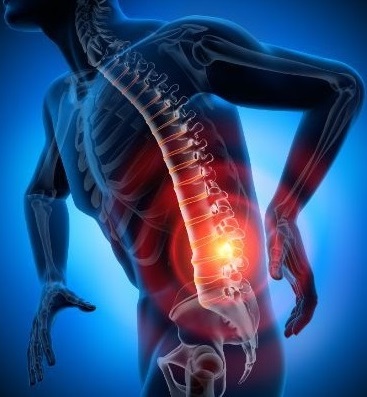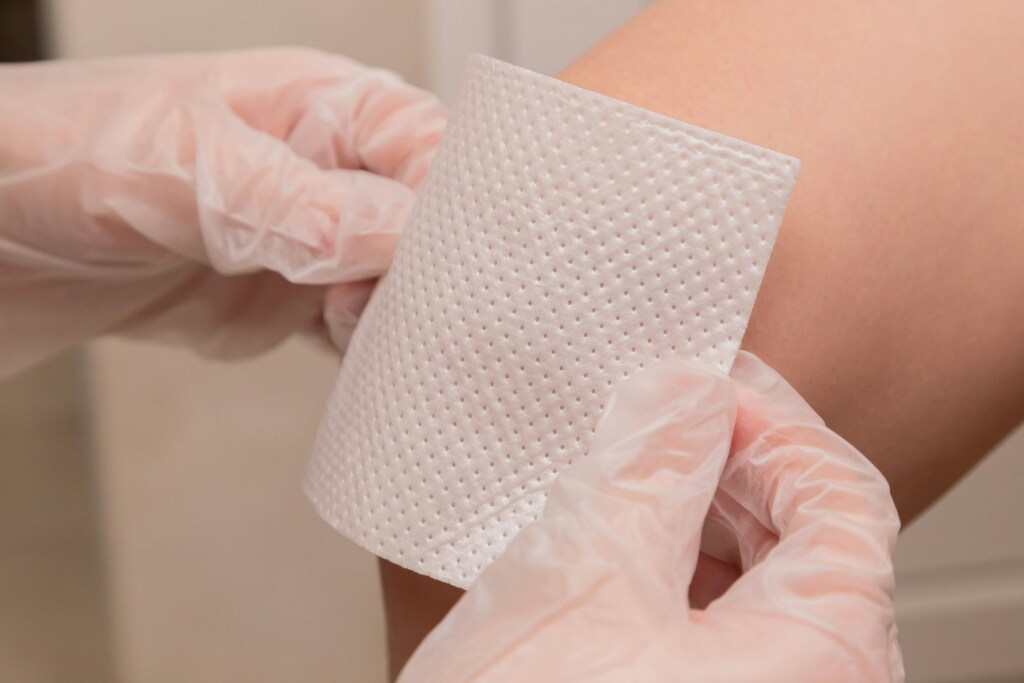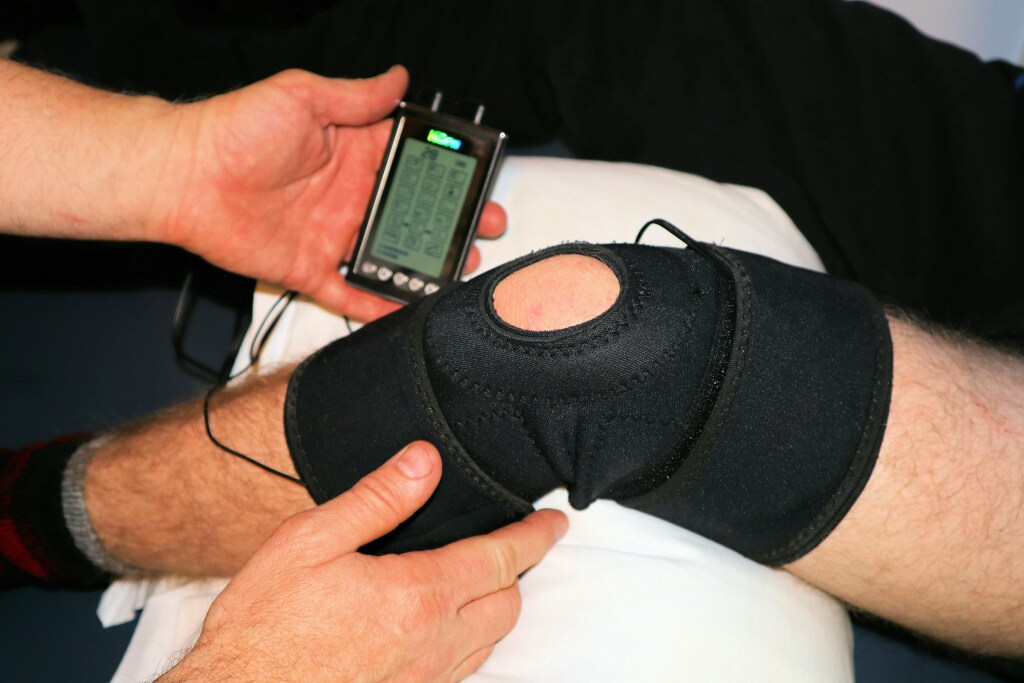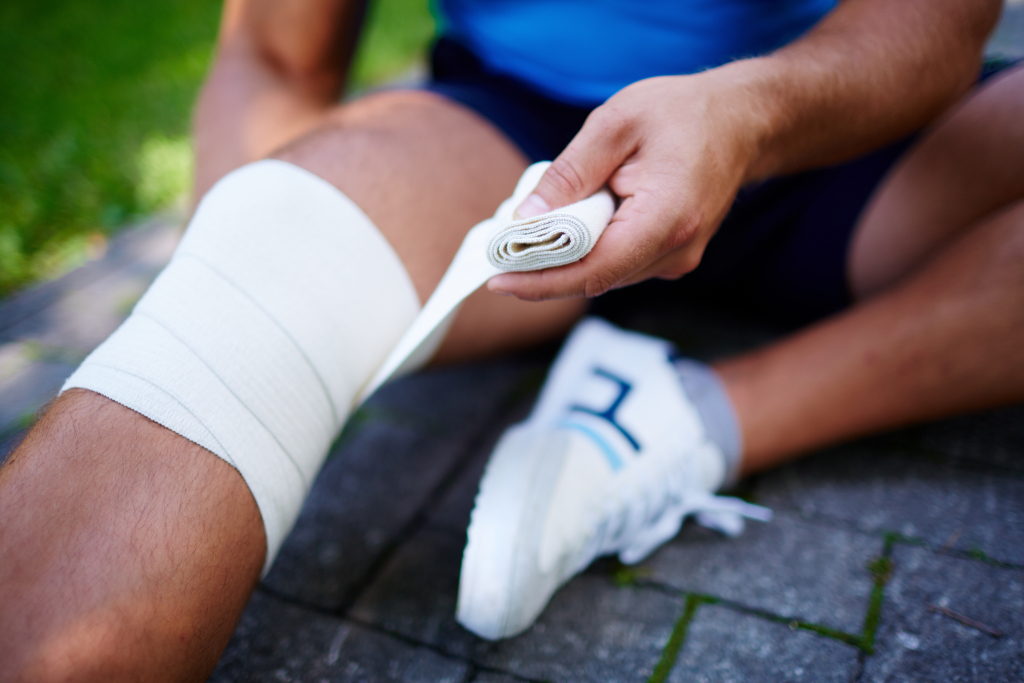Knee pain is a common problem that affects a large part of the population, regardless of age or level of physical activity. From performance athletes to the elderly, knee pain can be debilitating and significantly limit mobility and quality of life.
Understanding the causes of these pains is essential to identifying appropriate treatments and preventing long-term complications.
CONTENT:
Common Causes of Knee Pain
Understanding the causes of these pains is crucial to being able to properly manage and treat the problem. In this part, we will focus on some of the most common causes of these pains.
1. Ligament injuries
- Strains: Damage to the ligaments around the knee, such as the anterior cruciate ligament (ACL) or medial collateral ligament (MCL), can cause severe pain and instability.
- Sprains: Sprains of ligaments can cause inflammation and pain.
2. Meniscus injuries
- Tears: Tearing the meniscus, which is the C-shaped cartilage located between the femur and the tibia, can cause pain, swelling, and locking of the knee joint.
- Degenerative damage: Over time, the meniscus can become damaged due to wear and tear and the aging process, causing chronic pain.
3. Arthritis
- Osteoarthritis: It is the most common form of arthritis that affects the knees, causing cartilage damage and inflammation.
- Rheumatoid arthritis: An autoimmune condition that can also affect the knee joints, causing pain, stiffness and inflammation.
4. Tendinitis
Inflammation of the tendons around the knee can occur from overuse or repetitive injury, such as running or jumping.
5. Patellar Syndrome
Also known as “runner’s knee”, it is a condition in which the cartilage under the kneecap becomes inflamed and irritated, causing pain with movement.
6. Fractures or Trauma
Bone fractures or other severe trauma can cause acute pain and dysfunction in the knee.
Possible Remedies and Treatments
In dealing with these pains, there are a variety of remedies and treatments available, be it conventional options or alternative therapies.
-
Rest and Ice
Resting and applying ice to the affected area can help reduce inflammation and pain. It’s important to give your knee the time it needs to rest and heal.
-
Physiotherapy
Physiotherapy can play a crucial role in knee pain recovery. Strengthening and stretching exercises, under the supervision of a physical therapist, can help restore normal knee function and prevent relapse.
-
Medication
Nonsteroidal anti-inflammatory drugs (NSAIDs), such as ibuprofen or naproxen, can be used to reduce the inflammation and pain associated with knee pain.
-
Corticosteroid infiltrations
In severe cases of knee pain, especially in cases of persistent inflammation, corticosteroid injections may be recommended by a doctor to provide short-term relief by reducing inflammation.
-
Surgery
For severe damage to the ligaments or meniscus, or in cases of advanced arthritis, surgery may be necessary to repair or replace the knee joint. It is important to talk to your doctor about the surgical options available depending on the severity and cause of your pain.
-
Alternative therapies
Acupuncture, massage therapy, and other complementary therapies can sometimes provide relief for knee pain. However, it is advisable to consult a specialist before trying such therapies to ensure that they are safe and suitable for you.
In conclusion, the management of this pain may involve a multifactorial approach that may include a variety of treatment options. It is important to talk with your doctor to determine the most appropriate treatment plan based on the cause and severity of your pain.
Natural remedies for knee pain
1. Stretching and Strengthening Exercises
Exercises aimed at stretching and strengthening the muscles around the knee can be beneficial in maintaining joint stability and flexibility. Exercises such as bending and extending the knee, raising the legs, or bending the leg in various directions can help strengthen the muscles and improve the mobility of the knee joint.
2. Applying Ice
Applying ice topically to the affected area can be effective in reducing the inflammation and pain associated with knee pain. Ice can be applied in ice packs or wrapped in a thin towel and applied to the knee for 10-15 minutes several times a day.
3. Compresses
Using an elastic compression bandage around the knee can help reduce inflammation and swelling. Also, keeping the knee elevated, above the level of the heart, can help with lymphatic drainage and reduce fluid build-up around the knee joint.
4. Nutritional supplements
Some nutritional supplements can support joint health and help reduce the symptoms of this pain. Substances such as glucosamine, chondroitin and omega-3 have been associated with benefits in maintaining joint health and reducing inflammation. However, it is advisable to speak with your doctor before starting any supplement regimen to ensure it is right for you and does not interact negatively with other treatments or medical conditions.
5. Therapeutic Massage
Gently massaging the muscles around the knee can help relax and reduce muscle tension associated with knee pain. Massage can improve blood circulation and help release endorphins, which are natural chemicals that reduce pain and improve mood.
It is crucial to always consult a doctor or specialist before trying any natural remedy for knee pain to ensure that it is suitable for your situation and does not interfere with other treatments or medical conditions. A personalized treatment plan and careful monitoring of progress are essential for effective management of knee pain.





